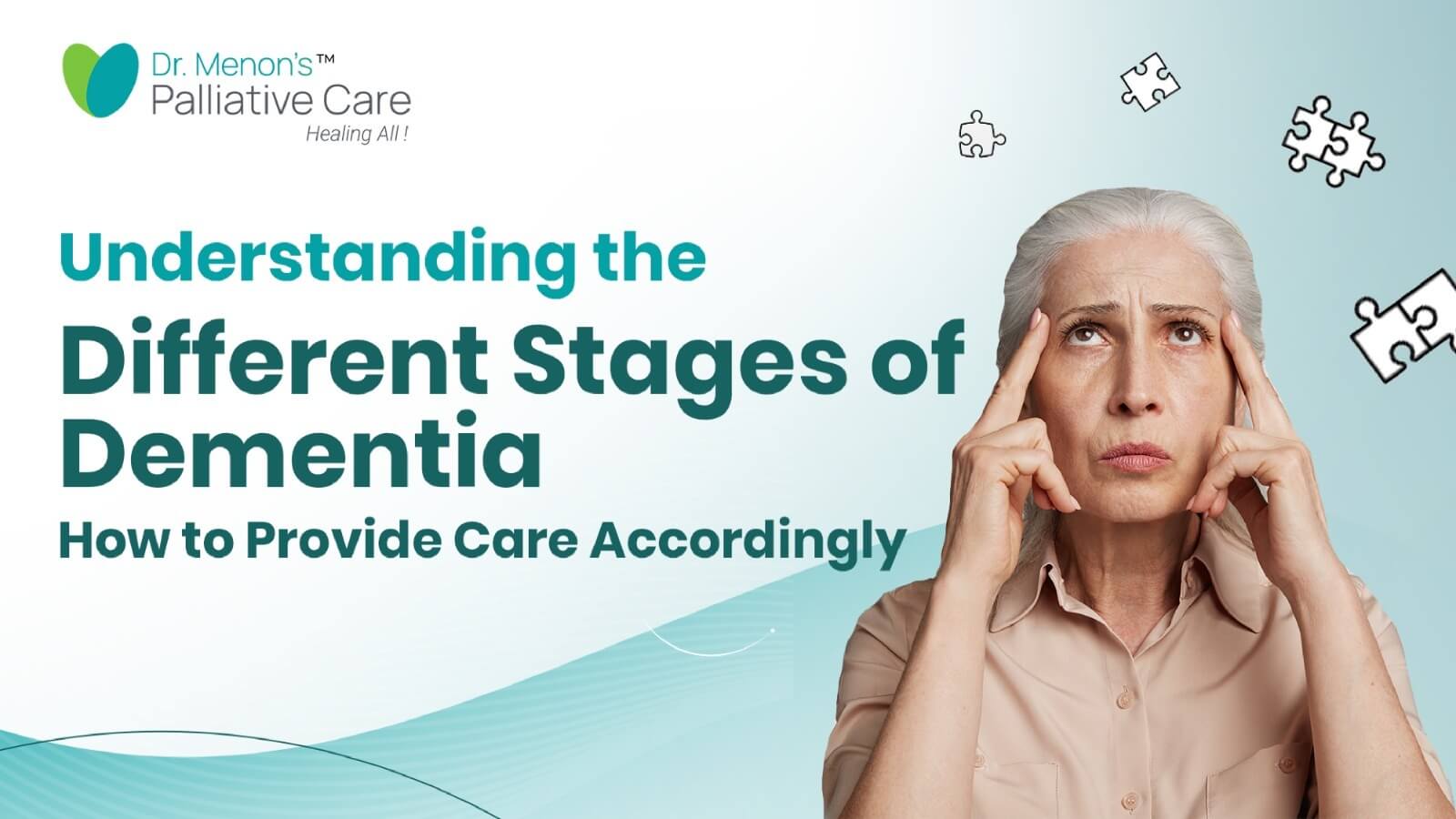
Understanding the Different Stages of Dementia: How to Provide Care Accordingly
Dementia is a degenerative disease leading to impaired thinking and memory and resulting behavior. It affects hundreds of millions of people globally. Caregivers and other family members should understand the different stages of dementia when providing the necessary care and assistance.
Stage 1: Mild Dementia
At first, people may show minor symptoms such as occasional memory lapses and struggles in trying to locate words. At this point, care is mainly concerned with self-help support.
Routines and memory aids can be used by individuals to make it easier for them to get around daily life. The mind prompts can be encouraged through engagements with such activities as puzzles, hobbies, or social groups.
Stage 2: Moderate Dementia
As dementia advances to a mild phase, symptoms manifest more evidently. The memory loss becomes worse, making it hard to perform normal activities without help. To make the environment safe, caregivers must eliminate hazardous objects but ensure that they are accessible.
They need help with personal care such as getting dressed or eating. Simple instructions and a calm attitude are important in mitigating frustrations and understanding.
Stage 3: Severe Dementia
In the extreme form, people develop a dependence on caregivers completely. Their communication skills fade off, and at times they cannot even identify their loved ones. This entails intensive caregiving including assistance with everything to do with daily living.
Palliative care and comfort are crucial for this person’s well-being. The provision of emotional support to the person suffering from dementia as well as caregivers, is critical.
Transitioning between Stages
Additionally, dementia does not always progress linearly. Some people may display characteristics of various stages at the same time, or they may undergo a sudden decline. During this transition, an individual as well as caregivers may find it emotionally challenging.
However, this is also associated with some flexibility and adaptability of care plans, in order to cater to evolving or changing medical needs. Reach out to Dr. Menon’s Palliative Care and seek professional guidance and comfort during these transitions.
This allows caregivers to understand what is characteristic of each stage and thus, they can adjust care plans specifically for every stage. However, it is important to note that care approaches should be flexible and dynamic. In every stage, what works in one stage often needs adjustment.
Conclusion
Caregivers need to know the stages and types of dementia so that they can take care of the ill in the best manner. The journey through each stage involves patience, empathy, and adaptation to create friendly surroundings and design specific procedures. Therefore, as caregivers, you make the world a better place and improve the quality of life of those living with dementia.
Schedule a meeting with Dr. Menon’s Palliative Care and learn more about Dementia Stages.
Recent Posts
- Palliative Care: Comfort, Compassion, and Dignity at Every Stage of Life
- Honoring Patient Autonomy: Applying principle of autonomy in children at home
- Reflections on Palliative and Hospice Care
- Embracing National Safe Motherhood: A Journey of Love, Health, and Support
- Embracing Compassion: The Profound Benefits of Early Integration of Palliative Care

